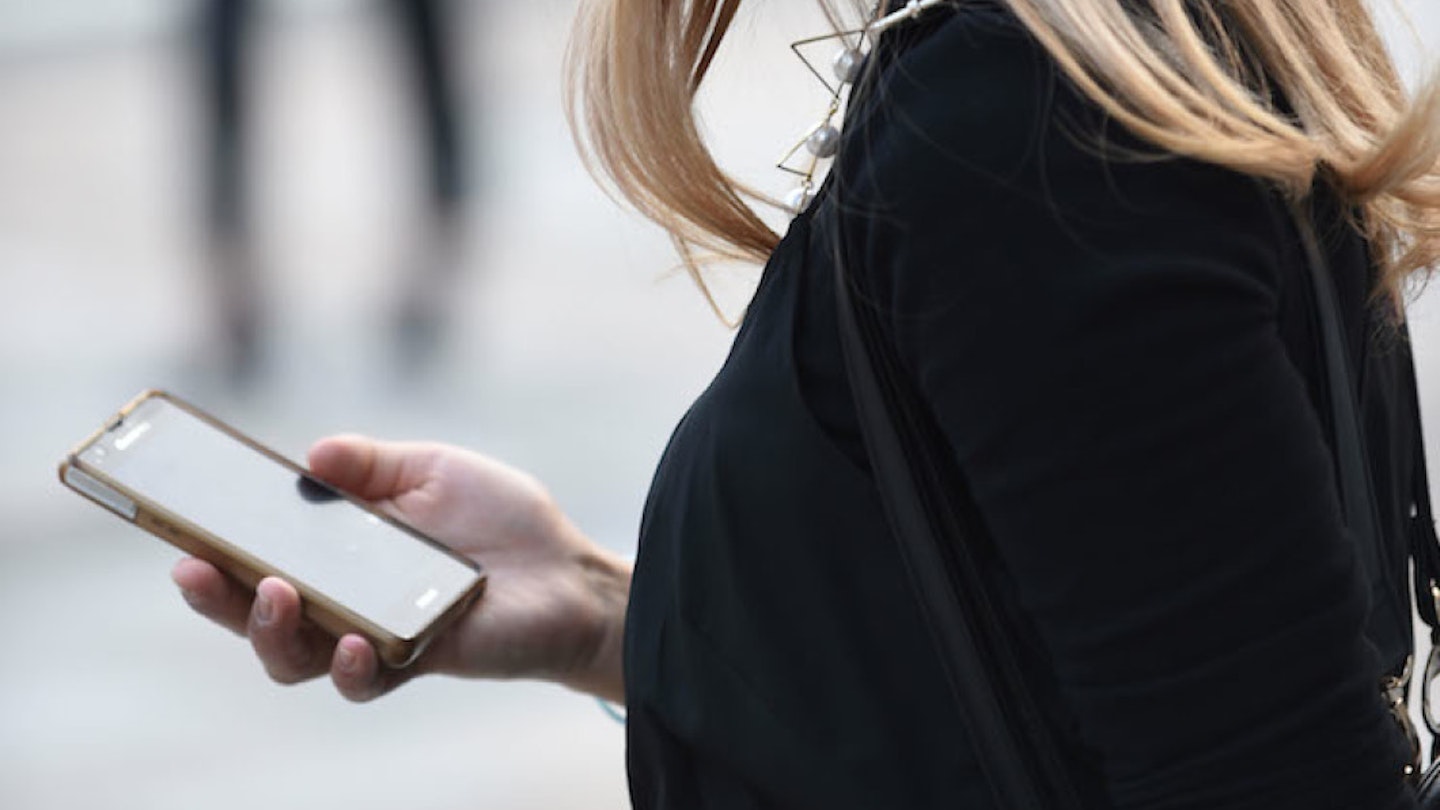As a new campaign urges us to reclaim the internet from abuse, Rosie Mullender longs for the time when Twitter was a cool place to hang out.
‘I KNOW YOU HATE ME,’ I wailed down the phone to my sworn enemy, a friend of my ex-boyfriend. ‘But I’ve got a new Samsung, The X Factor final starts in 20 minutes, and I can’t work out how to download the Twitter app. Please help.’
This conversation, which happened a few years ago, was held as I lay on the living- room floor of my flat, crying tears of frustration. I was so addicted to Twitter, I was prepared to beg my nemesis for technical support so I could live-Tweet a television show. Back then, I was hooked on the fact that Twitter was this meeting place where people got together to egg each other on, rather than to just... well, egg each other.
Twitter has changed my life. I’ve met more than 150 people, become friends with many, dated a few and fallen for one. At the peak of my Twitter habit, I would think nothing of spending 20 minutes crafting the perfect ‘throwaway’ joke, before endlessly hitting refresh to check my retweets. I’d receive warnings that I’d reached my hourly ‘Tweet limit’ (the daily limit is 2,400) and I was once so worried about the lack of Wi-Fi on a flight, I bought a book about Twitter to read on the plane). To date, I’ve sent 57,600 tweets. Three times as many as Kim Kardashian.
Twitter is like reading a thousand tiny novels all at once. And in the early days, conflict, if it came, arrived in the form of mild spats. But then the sniping started.
Cynicism seeped in. Accounts set up to troll particular groups (celebrities, women, cyclists) began popping up – and their popularity made some users realise shouting the loudest got you the most attention.
Twitter evolved from a place where nice people offered each other support, funny stuff and interesting links to a mean- spirited race to post the most cutting put-down in the shortest amount of time.
In response to this sea- change, Labour MP Yvette Cooper has called for tighter controls to protect users from abuse, and for men and women to stand up against it. She wants us to reclaim the internet – but for me it’s too late. She chose to speak out after female colleagues received rape threats and sexist abuse for giving their opinion on the site. She compared trolling to the suffragettes who ‘fought against the silencing of women in public life’. She’s planning a conference this year to discuss what should be done.
Although my relatively timid (albeit prolific) tweeting has saved me from the worst of it, I’ve seen too many smart, funny women quietened by roars of disapproval. These days, I stick to Facebook, where at least I feel safe.
I’ll always love Twitter – and if Yvette Cooper’s plans work out, I may embrace it again – but as the playground it once was, not the battleground it has become.
